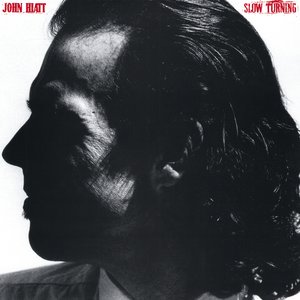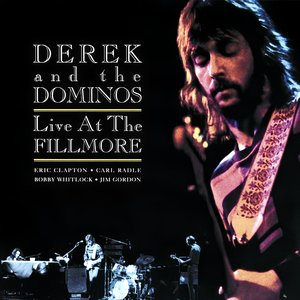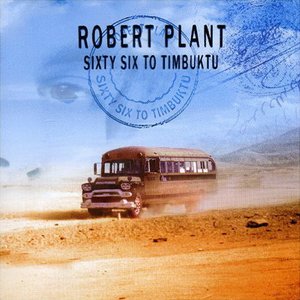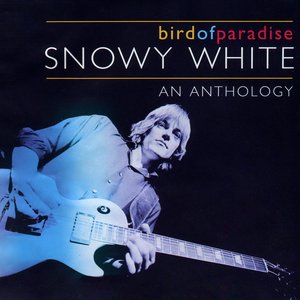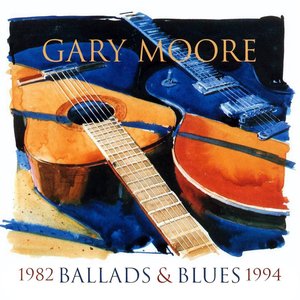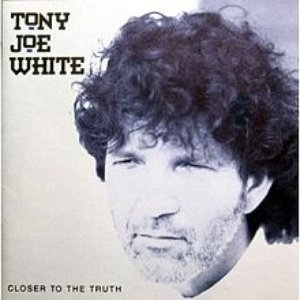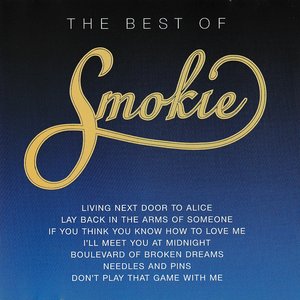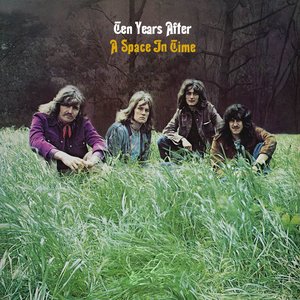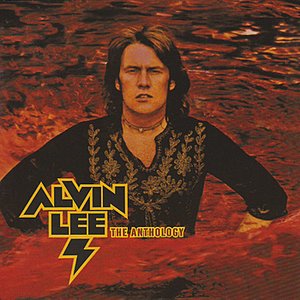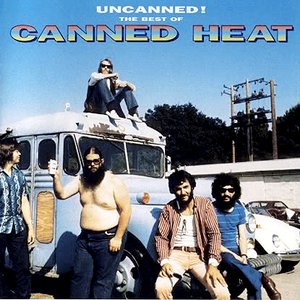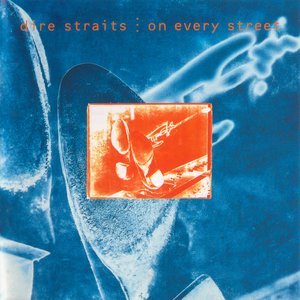Wiki
-
Release Date
12 October 1970
-
Length
18 tracks
Listening to this CD brings back a lot of memories. Mad Dogs & Englishmen was just about the most elaborate album that A&M Records had ever released, back in 1971, a double LP in a three-panel, fold-out, gatefold sleeve, with almost 80 minutes of music inside and a ton of photos, graphics, and annotation wrapping around it. A live recording done in tandem with a killer documentary film of the same U.S. tour, it was recorded at the Fillmore East, where the movie was a cross-country affair, and the two were, thus, completely separate entities – also, as people couldn't "buy" the film in those days, the double LP has lingered longer in the memory, by virtue of its being on shelves, and also being taken off those shelves to be played. Unlike a lot of other concert rock releases of the era, such as Woodstock and The Concert for Bangladesh, people actually listened to Mad Dogs & Englishmen – most of its content was exciting, and its sound, a veritable definition of big-band rock with three dozen players working behind the singer, was unique. The CD offers a seriously good sound, whether it's just Joe Cocker and a pianist and organist in the opening of "Bird on a Wire," or the entire band going full-tilt on "Cry Me a River"; the remastering was set at a high volume level and there was a decent amount of care taken to get the detail right, so you can appreciate the presence of the multiple drummers, and the legion of guitarists and singers, plus the multiple keyboard players. The lead guitar and solo piano on "Feelin' Alright," for example, come through, but so do the 34 other players and singers behind the lead. This record was also just as much a showcase for Leon Russell as it was for Joe Cocker, which A&M probably didn't mind a bit, as Russell was selling millions of records at the time. As is now known, and it's recounted in the new notes, the tour from which this album was drawn all but wiped out Joe Cocker – on a psychic level – because the music was presented on such a vast scale (and there is a moment in the movie where he mentions breaking up his former backing group, the Grease Band, with a hint of regret in his voice) and his own contribution was so muted by Russell's work as arranger and bandleader. He may well have been the "victim" of a "hijacking" of sorts, but the musical results, apart from the dubious "Give Peace a Chance," are difficult to argue about upon hearing this record anew, decades after the fact – it's almost all bracing and beautiful.
Album descriptions on Last.fm are editable by everyone. Feel free to contribute!
All user-contributed text on this page is available under the Creative Commons Attribution-ShareAlike License; additional terms may apply.
